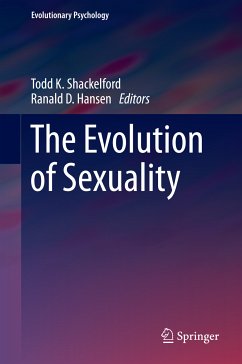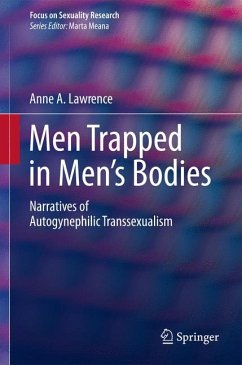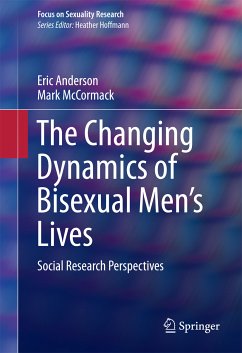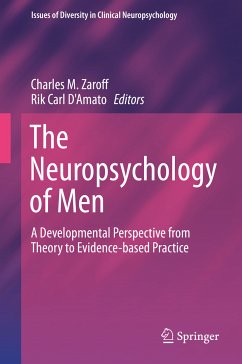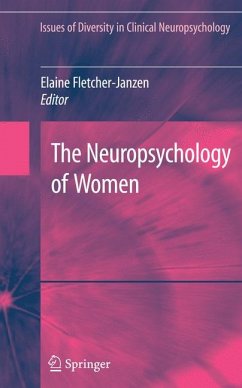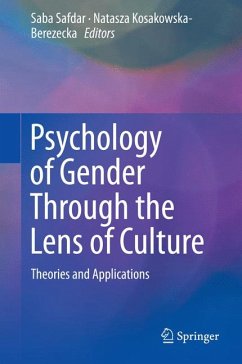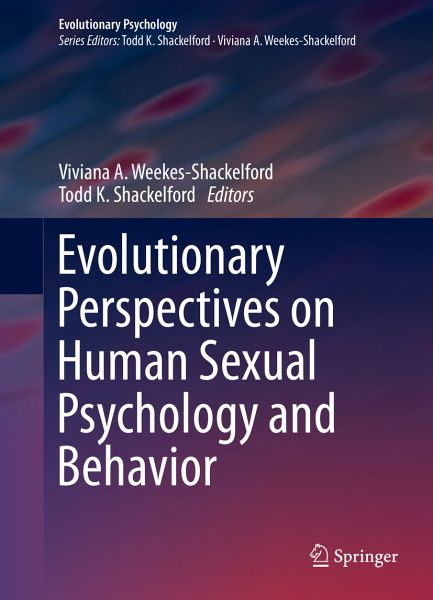
Evolutionary Perspectives on Human Sexual Psychology and Behavior (eBook, PDF)
Versandkostenfrei!
Sofort per Download lieferbar
112,95 €
inkl. MwSt.
Weitere Ausgaben:

PAYBACK Punkte
56 °P sammeln!
This volume in the Springer Series in Evolutionary Psychology presents a state of the art view of the topic of sexuality and sexual behavior drawing on theoretical constructs and research of noted individuals in the field. Comprehensive and multi-disciplinary, this book seeks to provide a broad overview without sacrificing the complexity of a multi-faceted approach. The book is framed by introductory and closing sections that provide a context for the range of ideas contained within. Ample space is provided in designated sections that focus on key areas of sexuality from both male and female p...
This volume in the Springer Series in Evolutionary Psychology presents a state of the art view of the topic of sexuality and sexual behavior drawing on theoretical constructs and research of noted individuals in the field. Comprehensive and multi-disciplinary, this book seeks to provide a broad overview without sacrificing the complexity of a multi-faceted approach. The book is framed by introductory and closing sections that provide a context for the range of ideas contained within. Ample space is provided in designated sections that focus on key areas of sexuality from both male and female perspectives and that include information from primate studies. This volume can serve as a graduate text in sexual behavior in evolutionary terms and as a guide for further research.
Dieser Download kann aus rechtlichen Gründen nur mit Rechnungsadresse in A, B, BG, CY, CZ, D, DK, EW, E, FIN, F, GR, HR, H, IRL, I, LT, L, LR, M, NL, PL, P, R, S, SLO, SK ausgeliefert werden.




